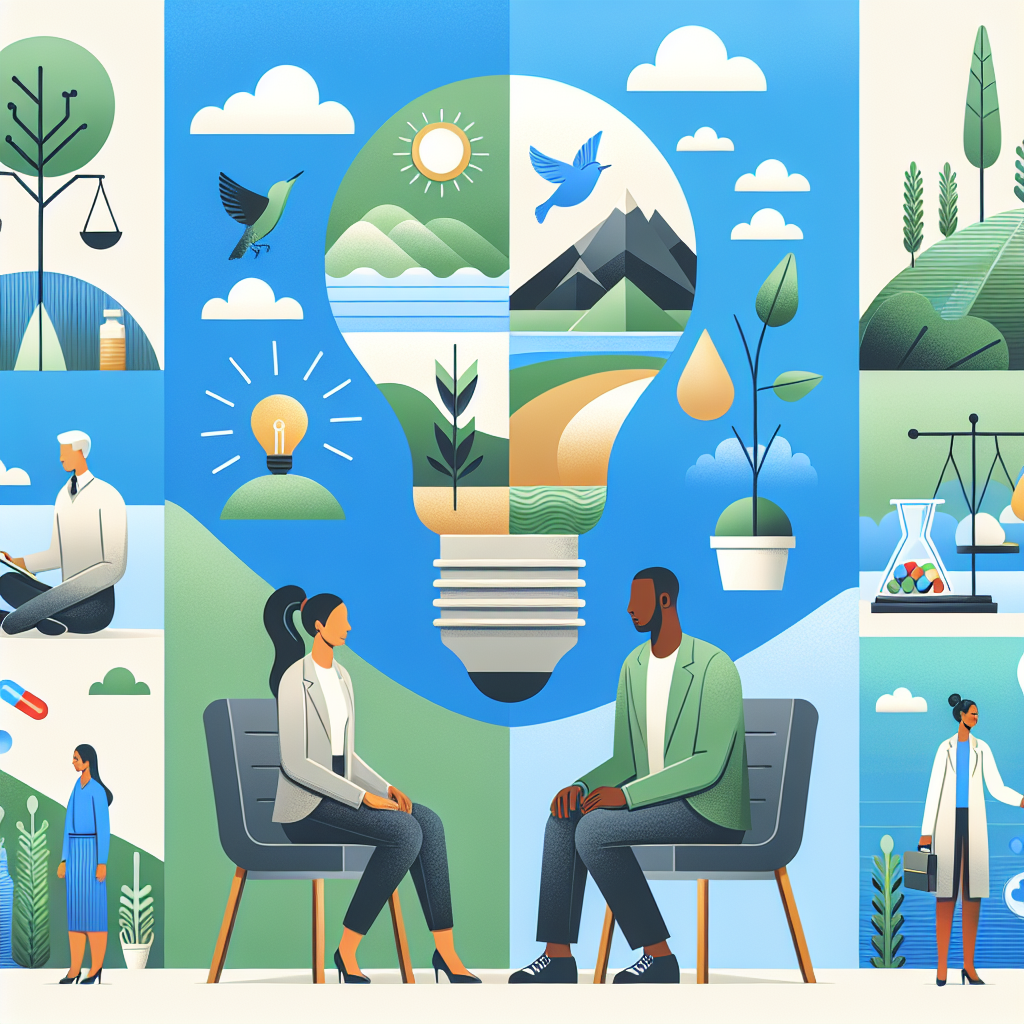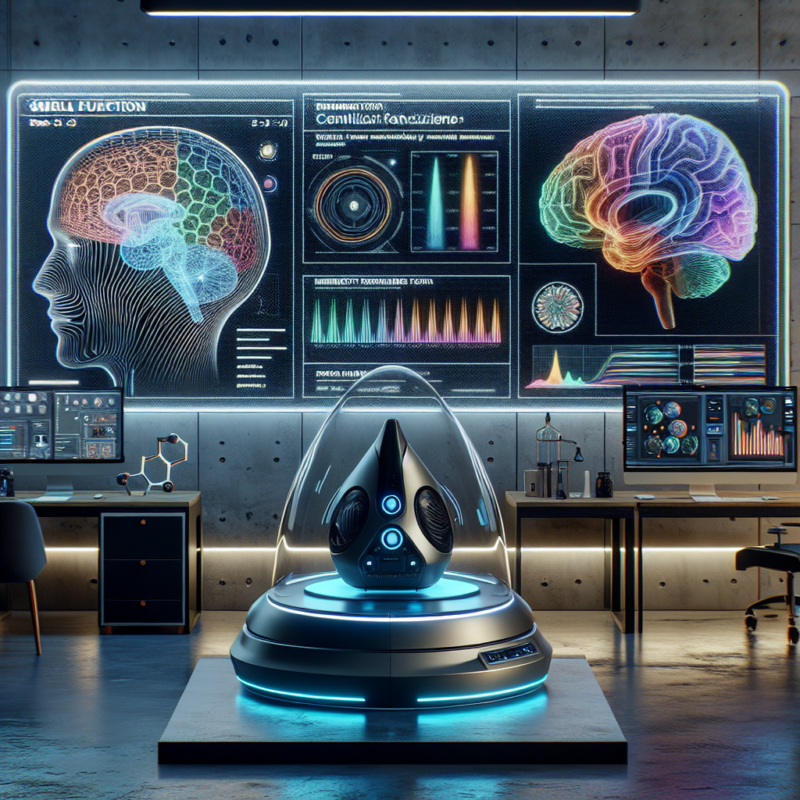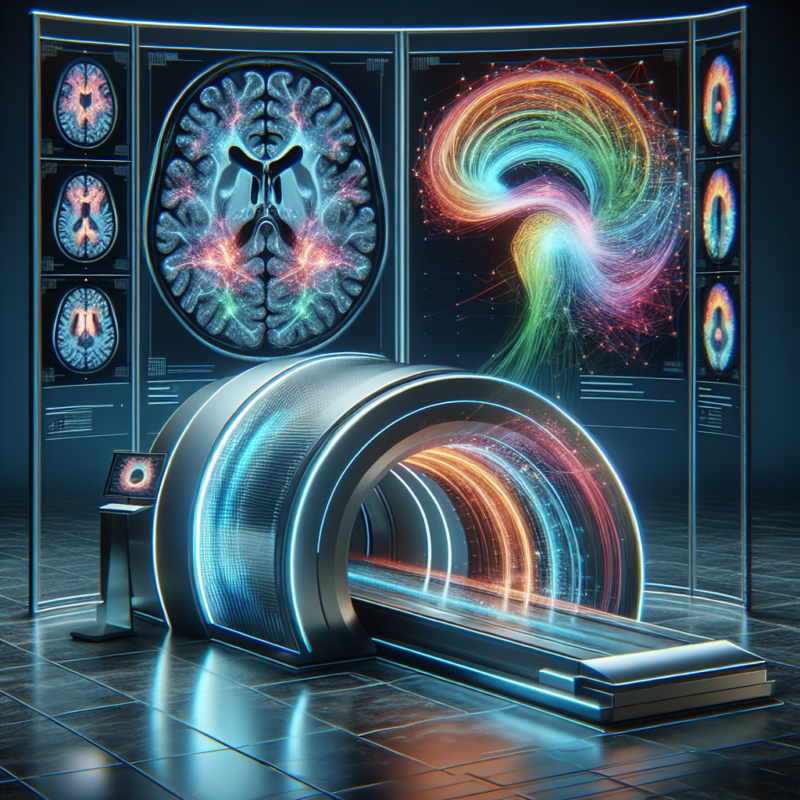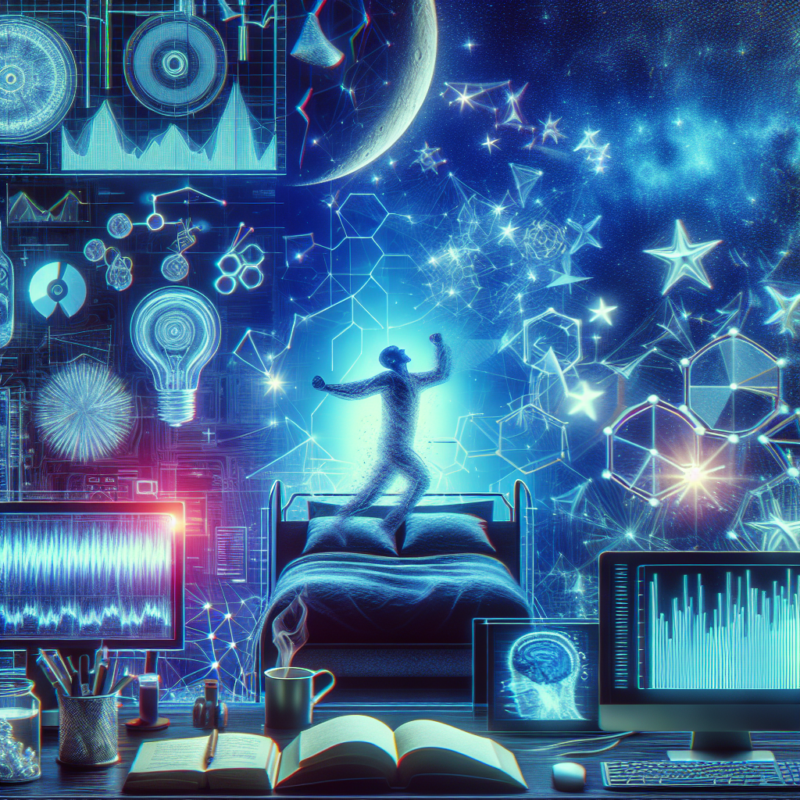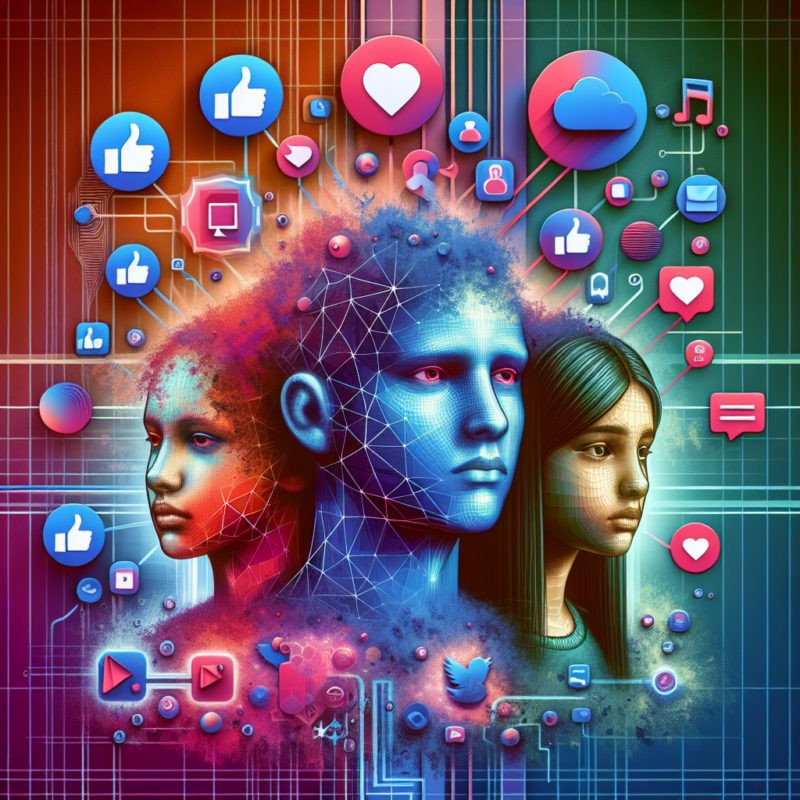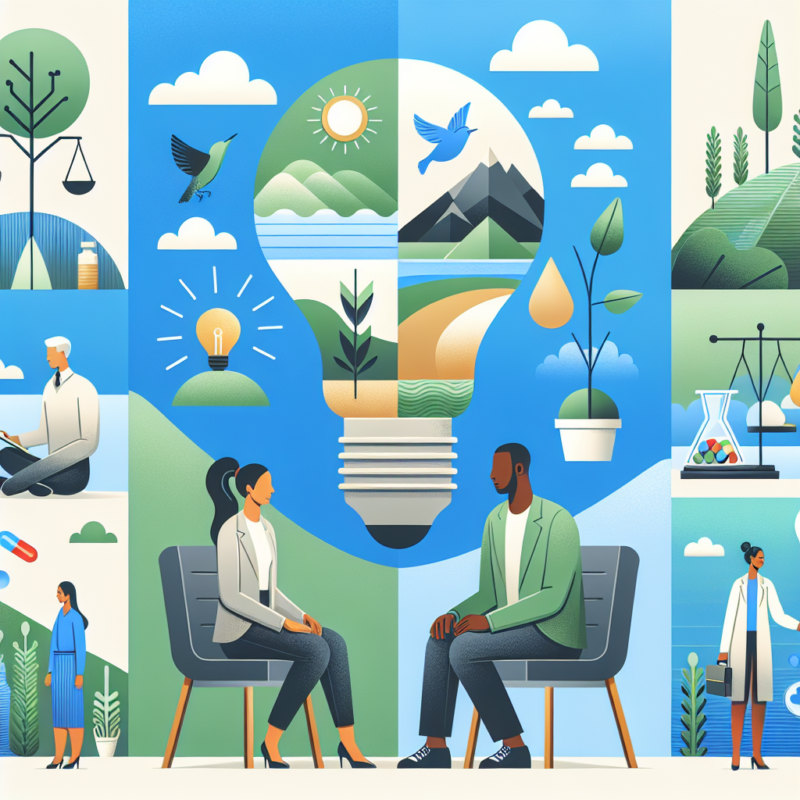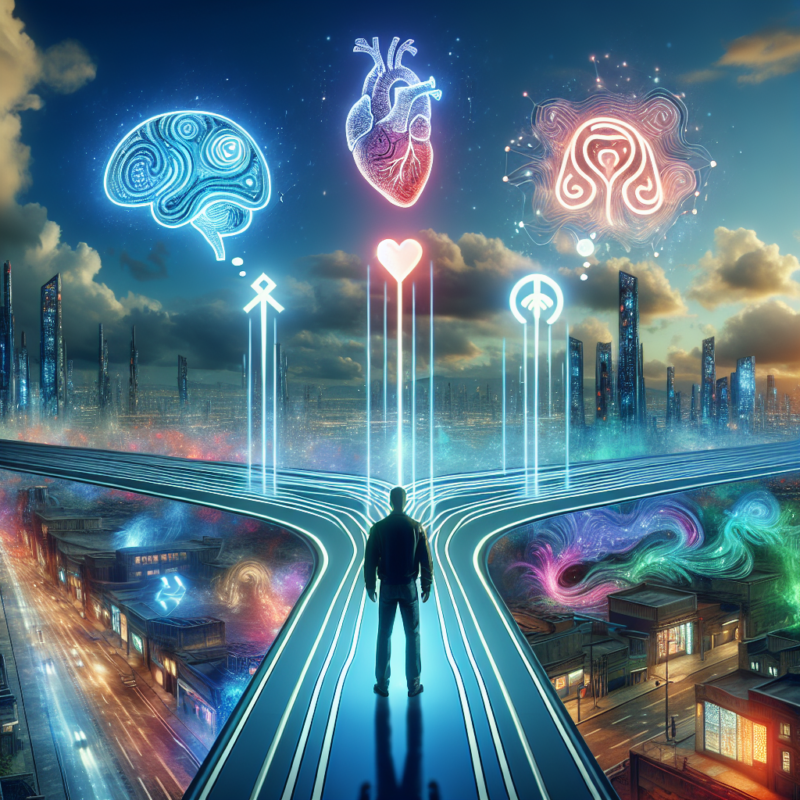Tech and Therapy: How Digital Tools Are Changing Mental Health Care
Title: The Impact of Technology on Mental Health Care
Introduction:
In today’s digital age, technology has become an integral part of our daily lives. It is no surprise that the field of mental health care has also seen a significant shift towards incorporating digital tools to provide support and treatment to individuals in need. The fusion of technology and therapy is paving the way for a revolution in mental health care delivery, offering new avenues for individuals to seek help and access treatment.
The Role of Technology in Mental Health Care:
-
Teletherapy: One of the most notable advancements in mental health care is the emergence of teletherapy platforms. These platforms allow individuals to connect with licensed therapists through video calls, phone calls, or text messages. Teletherapy makes mental health care more accessible and convenient for those who may not have access to in-person therapy. It also offers the benefit of anonymity for those who prefer online sessions.
-
Mobile Apps: The market is flooded with a wide range of mental health apps that offer tools and resources to aid individuals in managing their mental well-being. These apps provide features such as mood tracking, guided meditation exercises, and breathing techniques, offering a convenient and affordable way for individuals to access support and self-care tools on-the-go.
-
Virtual Reality Therapy: Virtual reality (VR) technology is increasingly being utilized in mental health care to create immersive and interactive environments for therapy sessions. VR therapy has shown promising results in treating conditions like PTSD, phobias, and anxiety disorders. By offering a novel approach to traditional therapy methods, VR therapy is expanding the possibilities for mental health treatment.
-
AI-Powered Chatbots: AI-powered chatbots are being employed to provide real-time mental health support and guidance to individuals. These chatbots can offer personalized coping strategies, crisis intervention, and resources to those in need. By filling the gaps in traditional mental health services, AI-powered chatbots are reaching a broader audience and providing immediate support to individuals seeking help.
- Data Analytics: The integration of data analytics in mental health care is enabling therapists and researchers to glean valuable insights into treatment outcomes, patient progress, and mental health trends. Leveraging data analytics allows mental health professionals to tailor treatment plans more effectively, leading to improved outcomes for patients.
The Future of Mental Health Care:
The intersection of technology and therapy is reshaping the landscape of mental health care, offering innovative solutions for individuals seeking support and treatment. As technology continues to evolve, the future of mental health care holds immense potential for positive change and improved outcomes for those in need. By embracing digital tools such as teletherapy platforms, mobile apps, VR therapy, AI-powered chatbots, and data analytics, individuals can take control of their mental health and access the support they deserve.
In conclusion, the integration of technology into mental health care is revolutionizing the way individuals receive support and treatment for mental health issues. The rise of digital tools in mental health care is making services more accessible, convenient, and effective. As we move forward, it is essential to continue embracing these advancements to ensure that individuals have the resources they need to prioritize and maintain their mental well-being.
